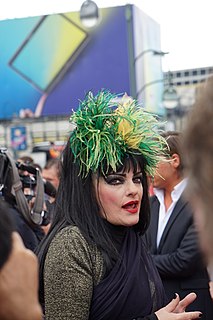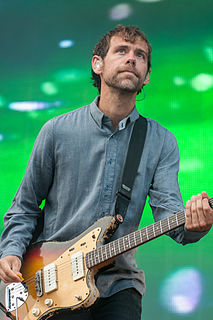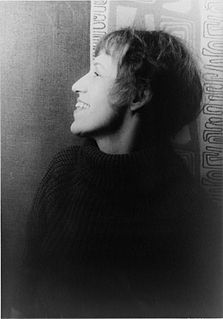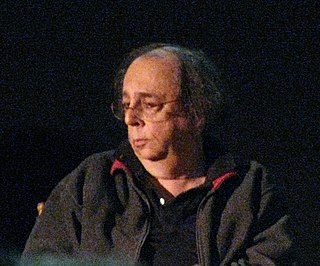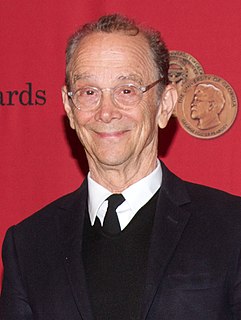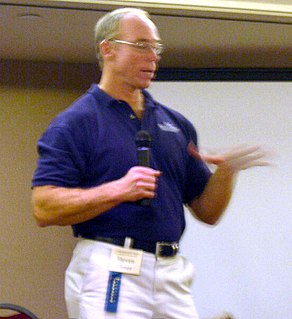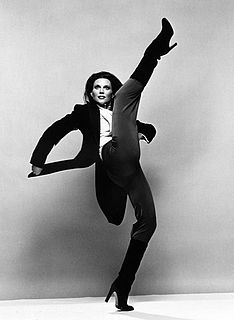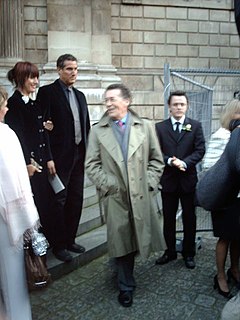A Quote by John Hurt
I've never done a [Berthold] Brecht. In the 1960s when the Berliner Ensemble came over [to England] with Helene Weigel [Brecht's second wife], I saw all the Berlin actors. It was an amazing time, very exciting early 1960s.
Related Quotes
What I like about [Berthold] Brecht, it's very interesting. When Helene Weigel came over and somebody talked about Lotte Lenya and said "well, she wasn't alienating." And Weigel said "No, no, no. Why, Lotte Lenya was so true - who cares?" She said: "Berti only developed the theory of alienation in order to stop bad acting." I heard her say that. Now that's brilliant.
Everything Brecht wrote—plays, dialogues, and poetry—was his attempt to clarify the inner contradictions not only of the capitalism and fascism of his times, but also of the communism that was always disappointing his deepest hopes. In a book that makes Brecht’s struggle to reveal these hidden contradictions its central theme, Glahn issues, by implication, a call to arms to today’s artists—who are faced with a world that seems to defy attempts to treat the global crisis with an art that is rarely more than notes on ‘local’ angst.
I had begun my professional career when I was 9 years old at the Cleveland Play House, and it was a very specific, real theater sort of like, you know, in England and the Berliner Ensemble - very devoted people. And I thought the theater was the greatest place I had ever been, and that's what I wanted to do.



